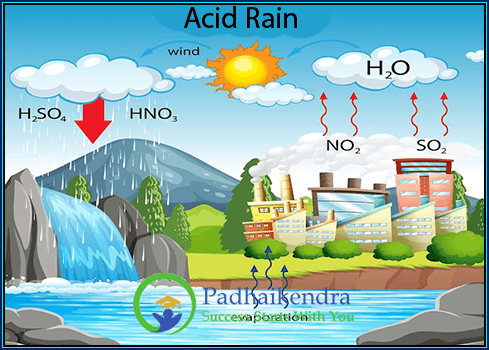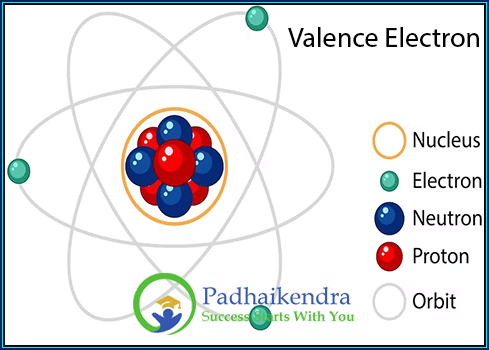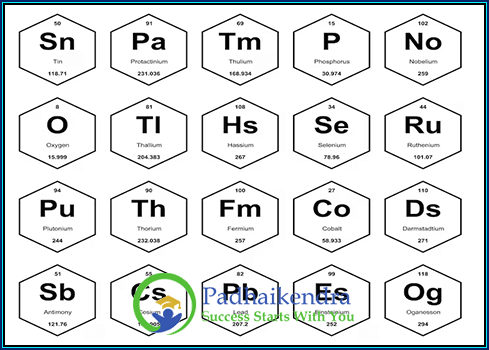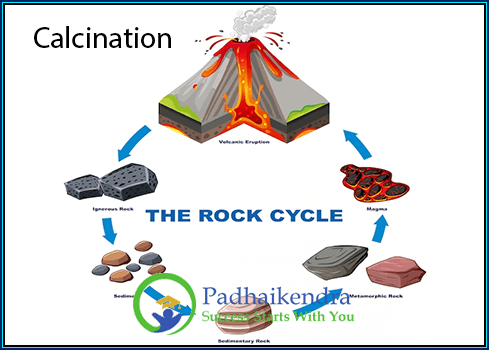Nuclear energy is energy that is released from the nucleus of an atom through a process called nuclear fission or fusion. Nuclear power plants use nuclear fission to generate electricity.
In nuclear fission, the nucleus of a heavy atom such as uranium is bombarded with neutrons, causing it to split into two smaller nuclei and releasing a large amount of energy in the form of heat. This heat is used to generate steam, which in turn drives turbines that produce electricity.
 Nuclear energy has several advantages over other sources of energy. It is a clean source of energy that does not emit greenhouse gases, and it has a high energy density, meaning that a small amount of fuel can produce a large amount of energy. Additionally, nuclear power plants can operate continuously and produce large amounts of electricity, making them a reliable source of energy.
Nuclear energy has several advantages over other sources of energy. It is a clean source of energy that does not emit greenhouse gases, and it has a high energy density, meaning that a small amount of fuel can produce a large amount of energy. Additionally, nuclear power plants can operate continuously and produce large amounts of electricity, making them a reliable source of energy.
However, nuclear energy also has several disadvantages. The radioactive waste produced by nuclear power plants is dangerous and must be stored and disposed of safely. Additionally, nuclear power plants can be targets for terrorist attacks, and accidents at nuclear power plants can have severe consequences for both the environment and human health, as evidenced by the Chernobyl and Fukushima disasters.
Despite these concerns, many countries still rely on nuclear energy to meet their energy needs. The United States, France, China, and Russia are some of the largest producers of nuclear energy in the world. In India, nuclear energy accounts for a small percentage of the country’s energy mix, but the government has plans to expand its nuclear energy program in the coming years
Nuclear Energy FAQs
Nuclear energy is the energy released during nuclear reactions, specifically nuclear fission or fusion. Nuclear fission involves splitting the nucleus of an atom, usually uranium or plutonium, releasing a large amount of energy. Nuclear fusion, on the other hand, involves combining the nuclei of atoms, such as hydrogen isotopes, to release even greater amounts of energy.
A nuclear power plant uses nuclear fission to generate electricity. The process involves heating water to produce steam, which drives a turbine connected to a generator. In a nuclear reactor, controlled fission reactions occur, releasing heat. This heat is then transferred to the water, which turns into steam and drives the turbine, ultimately producing electricity.
Nuclear energy has several advantages. It produces a significant amount of electricity with a relatively small amount of fuel, making it highly efficient. It emits very low levels of greenhouse gases, reducing its impact on climate change. Additionally, nuclear energy provides a consistent and reliable power source, as nuclear power plants can operate continuously for long periods without interruption.
While nuclear energy has advantages, there are also risks and concerns. The most notable concern is the potential for nuclear accidents, as seen in incidents like Chernobyl and Fukushima. Improper handling of nuclear waste can pose environmental and health risks. The proliferation of nuclear technology raises concerns about nuclear weapons proliferation. Additionally, the high costs of building and decommissioning nuclear power plants are also considered.
Nuclear waste management is a crucial aspect of the nuclear energy industry. Spent fuel from nuclear reactors is highly radioactive and must be carefully handled and stored. Currently, the most common method is to store the waste in specially designed containers at nuclear power plant sites. Long-term storage solutions, such as deep geological repositories, are being developed to ensure safe and secure disposal of nuclear waste.
Nuclear energy is considered a low-carbon energy source, as it produces virtually no greenhouse gas emissions during electricity generation. As countries strive to reduce their reliance on fossil fuels and mitigate climate change, nuclear power is often seen as a viable option to achieve clean and reliable energy production.
Nuclear energy differs from most renewable energy sources in that it relies on the controlled release of nuclear energy rather than harnessing natural resources like sunlight or wind. While renewable energy sources have grown in popularity, nuclear energy still plays a significant role in providing baseload power, offering a stable and consistent energy supply that is not weather-dependent.
The future of nuclear energy is subject to ongoing debates and developments. Advancements in reactor designs, such as small modular reactors and advanced reactors, aim to enhance safety, reduce costs, and improve waste management. The exploration of nuclear fusion as a potential clean and virtually limitless energy source also holds promise. However, the future of nuclear energy will depend on various factors, including public acceptance, policy decisions, and technological advancements.
 Nuclear energy has several advantages over other sources of energy. It is a clean source of energy that does not emit greenhouse gases, and it has a high energy density, meaning that a small amount of fuel can produce a large amount of energy. Additionally, nuclear power plants can operate continuously and produce large amounts of electricity, making them a reliable source of energy.
Nuclear energy has several advantages over other sources of energy. It is a clean source of energy that does not emit greenhouse gases, and it has a high energy density, meaning that a small amount of fuel can produce a large amount of energy. Additionally, nuclear power plants can operate continuously and produce large amounts of electricity, making them a reliable source of energy.




